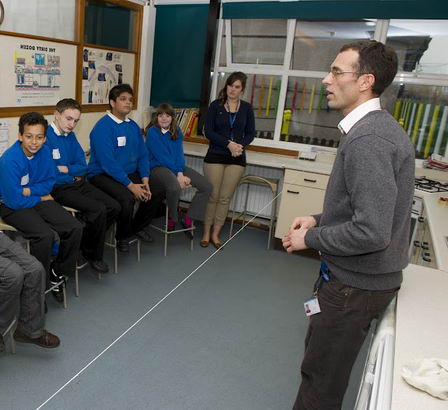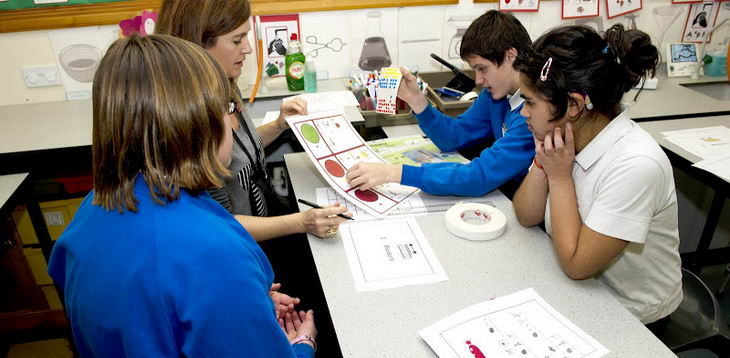
Telling people about your inquiry is important, although in complex research projects it is all too easy for the process to be so demanding that dissemination is neglected.
Why is it important to disseminate findings?
It is important to disseminate findings because this process:
- Benefits more children;
- Improves practice;
- Increases knowledge;
- Avoids mistaken practice;
- Exposes the results to scrutiny;
- Generates further questions concerning practice;
- Allows feedback to be provided to contributors;
- Enables the work to be completed.
In other words dissemination is an integral part of the inquiry process; without some form of dissemination the inquiry is incomplete. The findings of an inquiry are the outcomes of one cycle of research and the starting point for the next.
Return

How might you involve people in dissemination?
- Involve people at the earliest stages;
- Organise the research as a group project;
- Share the search for a research question amongst the group;
- Provide regular research status feedback reports to all those involved;
- Share all necessary reading with the group;
- Keep to the timetable so that people know that the results will appear when they are scheduled to appear;
- Research briskly.
Many of these suggest that it is best not to go it alone. Work with others right from the start.
Return
Dissemination takes many forms. A structured report may be a requirement for certain research studies. However much briefer written documents may be produced, and even poster presentations.
That is not to say that all dissemination needs to be in print. Verbal presentations to staff meetings, at parents evenings, or to special interest groups, are valuable ways of 'spreading the word'.
What are the best ways in which to disseminate your findings
(don't forget ethical considerations)?
- Talk to the head teacher;
- Present at a staff meeting;
- Get on the agenda for a staff meeting;
- Propose a CPD activity;
- Remind people when the school development plan is reviewed;
- Include at a parents evening;
- Prepare a note for the school website.
Return

The dissemination phase of an inquiry is where your findings and a discussion of your methods are made public. It is crucial, therefore, to ensure that due attention is paid to the ethical guidelines established for the project. While short reports necessarily omit much of the detail, researchers must always be prepared to make their work available for scrutiny as appropriate.
In all dissemination there is an ethical duty to be honest about the inquiry findings, and to highlight known limitations, compromises and omissions. It is also important to ensure any anonymity pledged to individuals and organisations is maintained by the methods used for dissemination.
One of the least effective ways of disseminating findings is to give only the final result and let it speak for itself. Ideas rarely speak for themselves. People need to be motivated to be interested in the project.
Unfortunately, even in the most enlightening research discoveries, there is no guarantee that they will instigate changes in practice. However, if you discover something that can change things for the better for just one child in a school, then the impact of the project will be worthwhile.

Dissemination needs to tap into professional and organisational learning processes; other people need to learn what you have learned (sometimes quite slowly) through the process of carrying out the inquiry.
People need to construct their understanding, which involves modifying their existing ideas, and the idea or proposal has to make sense. If there are changes to practice these may need demonstrating, practising and coaching.
Dissemination is not a one-off event, it takes time and repetition.